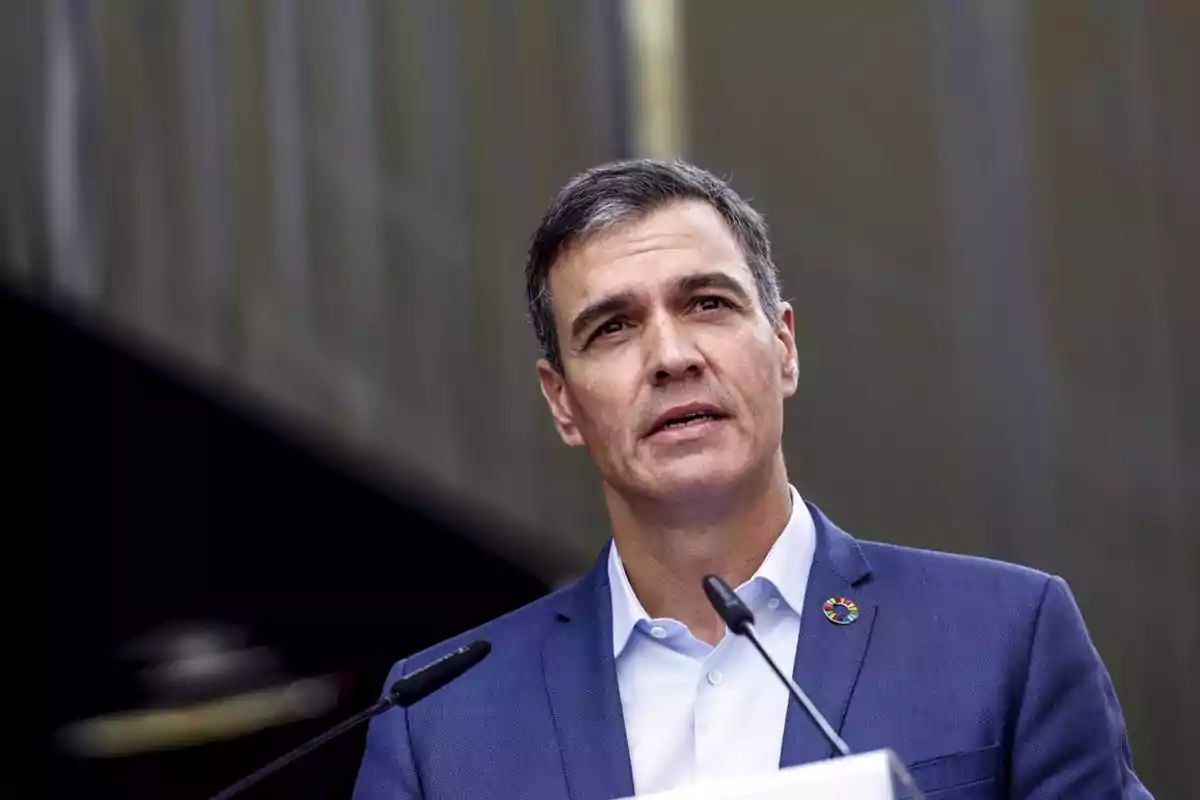
Sánchez Spends Millions on Propaganda While Stifling Critical Media Like EDATV
The Government allocates 7.8 million to a democracy campaign while pushing laws to censor the press
The Government of Pedro Sánchez has turned the Action Plan for Democracy into one of its key initiatives. Despite being one of the campaigns with the largest investment in institutional advertising, Sánchez also seeks to stifle critical media like EDATV.
The Executive will allocate 7.8 million euros in 2025 to promote this plan, placing it among the largest communication expenses of the State. Meanwhile, many media outlets that question the Government's management face pressures and economic difficulties.
According to the Institutional Advertising Plan, the initiative "The Value of Freedoms and Democracy in Spain" will be the third most expensive. Only the income tax declaration (9 million) and the DGT's road safety (11.4 million) surpass it.
This campaign will extend until 2026 and exceed 8 million euros in total. Its objective, according to the Government, is to combat disinformation and reinforce democratic values through television, radio, press, and the internet.
It is surprising that this initiative receives more funds than essential social campaigns. The fight against gender violence will have 5.9 million and educational scholarships only 850,000 euros. On the other hand, information about the Minimum Vital Income will barely have 1.8 million.
The "Begoña Law" and Press Control
Under this plan, the Executive promotes the so-called "Begoña Law," which restricts the impact of journalistic investigations on judicial processes. If approved, the instruction would be exclusively in the hands of the Prosecutor's Office, controlled by the Government.

Additionally, Sánchez intends to modify the Law on the Protection of the Right to Honor to impose mandatory corrections with compensations. This mechanism will punish media that publish information the Government considers "biased."
The plan also seeks to strengthen surveillance over social media and digital platforms. The Government intends to grant the National Commission on Markets and Competition (CNMC) sanctioning power.
If the reform is approved, the CNMC could fine tech companies like Google, Facebook, X, or WhatsApp up to 600,000 euros. It even contemplates prohibiting their activity in Spain for serious infractions.
The Government is trying to relaunch this measure within a new legislative package but faces opposition from its allies.
Junts has expressed its rejection, arguing that digital control affects regional competencies, which has stalled its inclusion in the second omnibus decree.
This push for informational control coincides with an increase in spending on institutional advertising, benefiting aligned media while punishing those who are inconvenient. Thus, a strategy is consolidated that prioritizes official propaganda over informational plurality.
More posts: